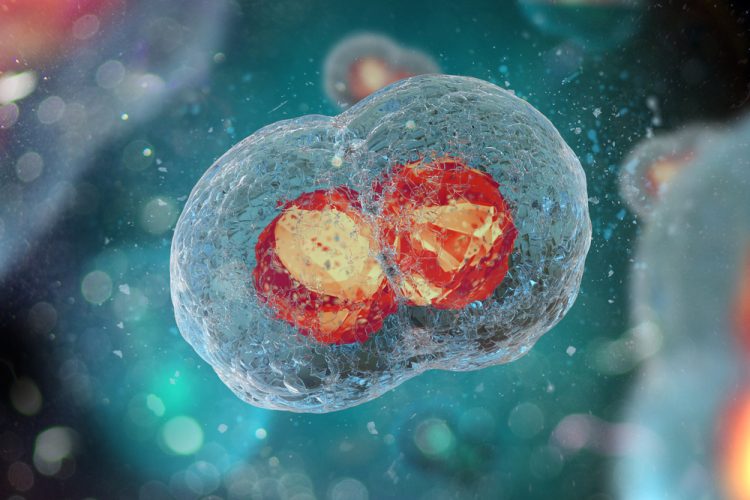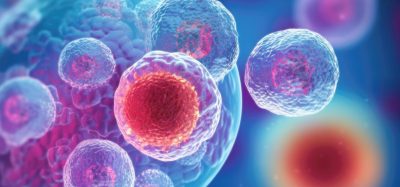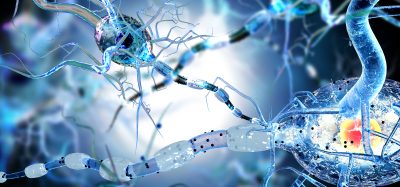Regenerative medicine research boosted by stem cell discovery
Posted: 4 June 2019 | Victoria Rees (Drug Target Review) | No comments yet
A novel way to create Expanded Potential Stem Cells has generated opportunities to research regenerative medicine.


A new approach has allowed researchers to create Expanded Potential Stem Cells (EPSCs) of pig and human cells. The researchers from the LKS Faculty of Medicine of The University of Hong Kong (HKUMed), the Wellcome Sanger Institute and the Friedrich-Loeffler-Institut in Germany say the creation of these cells offers new potential for studying human development and regenerative medicine.
The findings mark the first time that researchers have derived stem cells from early pig embryos. The genetic and anatomical similarities of pigs and humans means the genetically modified stem cells can be beneficial for developing disease treatments and therapies.
Dr Xuefei Gao, first author on the paper from HKUMed, said: “These EPSC stem cells possess developmental potency that is not generally seen in conventional embryonic or induced pluripotent stem cells. They have the potential to produce all embryonic and extra-embryonic cell lines – including those in the placenta and yolk sac, turning back the development clock to the very earliest cell type. These cells will enable researchers to study early embryonic development, miscarriage and developmental disorders.”
The researchers created the EPSCs by culturing totipotent cells when the fertilised egg has only divided into four or eight cells. The human EPSCs can produce large quantities of placenta cells called trophoblasts. These offer new ways to study pregnancy complications such as pre-eclampsia and miscarriages.
Professor Pentao Liu, the leader of the study from the School of Biomedical Sciences and Stem Cell and Regenerative Medicine Consortium, HKUMed, said: “Scientists have been attempting to derive porcine embryonic stem cells for decades without much success. With our EPSC technology, we have now successfully derived and characterised stem cells from porcine pre-implantation embryos. We have also established similar human stem cells. Our study represents a significant advance in stem cell research.”
The study was published in Nature Cell Biology.
Related topics
Regenerative Medicine, Stem Cells
Related conditions
Miscarriage
Related organisations
Friedrich-Loeffler-Institut, HKUMed, LKS Faculty of Medicine, Nature Cell Biology, University of Hong Kong, Wellcome Sanger Institute
Related people
Pentao Liu, Xuefei Gao







